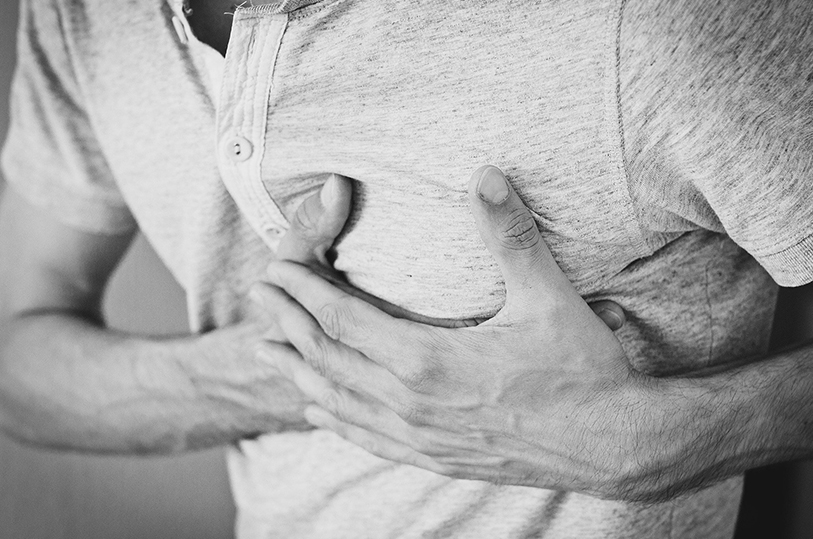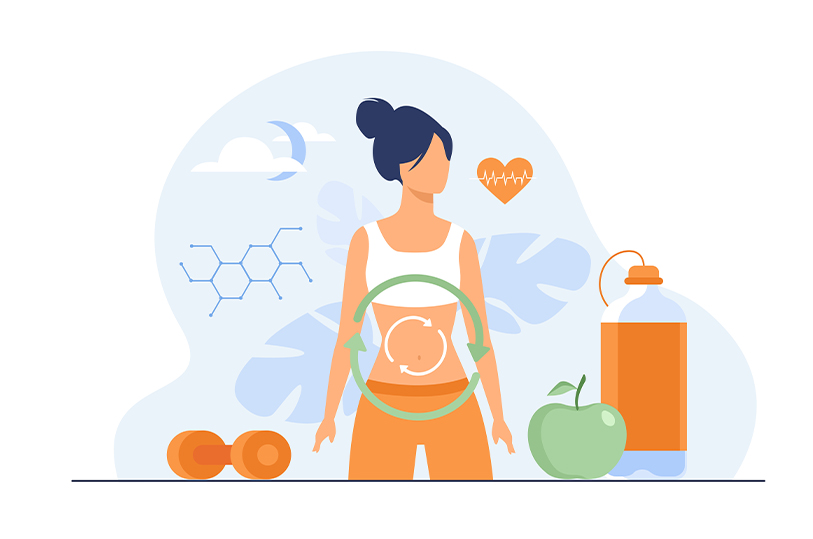
5 Simple Things Everyone Have To Do To Prevent Infection
Decrease your risk of infecting yourself or others by experiencing good practices to slow the spread of infections. While taking some common precautions, most infections are easily preventable.
Follow these top tips to reduce or slow the spread of infections.
Wash your hands frequently
Did you know that each square centimeter of skin alone harbors about 100,000 bacteria? Furthermore, Microbes like viruses and bacteria are everywhere and can live on inert surfaces from a few seconds to several months. Imagine these disease-causing microorganisms living on your table, computer keyboard or telephone case, light switch, or even on the elevator button!
Therefore, the first and most important thing you should do is washing your hands frequently. Use soap and running warm water and wash them for at least 15 seconds. Rub your palms, fingernail, in between your fingers, and the backs of your hands. Even if your hands do not look dirty consider washing them and cleaning with alcohol-based hand sanitizers that contain at least 60 percent alcohol.
Do this process before and after preparing food or eating, while caring for a sick person, using the bathroom and toilet, playing with a pet, doing laundry or blowing your nose, sneezing or coughing. Maintain your personal hygiene
Cover your mouth and nose while sneezing and coughing
A single sneeze and cough can spray germs through microscopic droplets as far as 3 feet. Cover your mouth and nose with your arm, sleeve, or crook of the elbow to prevent the spread of infection to others. The current recommendation is to use a single-use tissue and then throw away used tissues and clean your hands. Good personal hygiene includes not only personal cleanliness but also preventing others from getting infected.
If you are sick, avoid close contact with others and stay home, so you do not spread the illness to other people. Don’t shake hands or touch others.
Don’t share personal items
Use your own toothbrush, towels, handkerchiefs, nail clippers, or razor blade. Most often they all can be sources of infectious agents (bacteria, viruses, and fungi). In a similar vein, avoid sharing cups, glasses, dishes, or cutlery. Keep personal items to yourself as well!
Use safe cooking practices
Keep the kitchen surfaces clean when preparing meals. Microbes can live on virtually all food items. Don’t remain cooked food at room temperature for a long time. Most microbes slow or stop growing at the fridge. Promptly refrigerate foods within 2 hours of preparation. Rinse fresh fruits and vegetables under running water prior to eating.
Maintain a healthy diet
A healthy diet gives proper nutrition to your organs and tissues. makes them work effectively. Good nutrition reduces the risk of disease, infection, fatigue, and poor performance.
Certain vitamins may help prevent damage to the body’s cells and also may help repair damage to your body tissue caused by chronic disease. Strengthen your immune system, stay healthy, and fit.
Depending on the change in health conditions, a recommended diet may change over time. Contact your healthcare provider to instruct on your individual diet.If you have any questions or concerns, please feel free to contact us!





